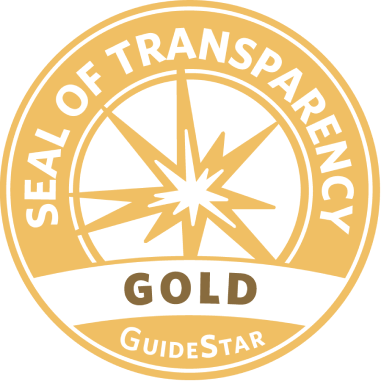In regions ravaged by conflict, where instability and violence disrupt daily life, access to education and community support becomes a distant dream. Yet, in the face of these challenges, online workshops have emerged as a beacon of hope, bridging gaps and empowering women and youth to reclaim their futures. For the Omid Foundation, these virtual spaces have become vital lifelines, providing skills, solidarity, and resilience where they are needed most. We acknowledge and learn from the dual realities of implementing online workshops in such regions—the obstacles faced and the successes achieved.
Unlocking Opportunity: The Promise of Online Workshops
- Overcoming Boundaries
Online workshops dissolve geographical barriers, reaching participants in even the most remote and unsafe areas. - Resourceful and Efficient
By cutting infrastructure and travel costs, virtual programs enable organizations to channel resources directly into impactful learning. - Diverse Learning Paths
From language courses and vocational training to mental health support, participants explore a spectrum of opportunities tailored to their needs. - Building Community
Online platforms foster connection, offering a sense of belonging and support to individuals often isolated by conflict.
Navigating the Challenges
Yet, delivering these workshops is no easy feat. Several obstacles stand in the way:
- Fragile Connectivity
Poor internet infrastructure hampers access, with slow speeds and unreliable connections disrupting learning. - Limited Access to Devices
Participants often share outdated devices, restricting consistent engagement. - Safety Risks
In certain regions, attending online workshops can be dangerous if internet activity is monitored by authorities or militant groups. - Emotional and Cultural Barriers
Trauma, cultural norms, and societal expectations—especially for women—pose psychological challenges to participation. - Time Constraints
Variations in time zones and heavy responsibilities in these regions that are often in economic crisis and oppressive in nature, leave little time for learning. - Language Gaps
Workshops in dominant languages may exclude those with limited proficiency.
Omid Foundation’s Approach: Meeting Challenges with Innovation
- Tailored Content
Omid designs workshops that cater to specific community needs—from digital literacy to entrepreneurship. - Bridging the Digital Divide
Through partnerships, Omid provides devices and subsidized internet access to participants. - Safe and Inclusive Spaces
Programs are crafted to protect participants, fostering environments of trust and freedom. - Culturally Sensitive Learning
Workshops honor cultural traditions while encouraging progressive growth. - Mental Health Integration
Psychological support is woven into programs, helping participants heal and build resilience.
Lessons Learned and the Road Ahead
Omid’s journey in conflict zones has revealed key insights:
- Flexibility Matters: Programs must adapt to participants’ varying circumstances.
- Community Partnerships Build Trust: Collaborations with local leaders enhance program acceptance.
- Empathy Fuels Impact: Understanding emotional needs enriches learning outcomes.
- Small Wins, Big Changes: Even basic skills can ignite profound transformation.
A Call to Action
The Omid Foundation continues to pioneer solutions in conflict zones, but the journey doesn’t end here. Expanding infrastructure, introducing innovative offline tools, and sharing success stories can magnify impact. Together, we can turn barriers into bridges, ensuring that even in the harshest conditions, women and youth have the tools to learn, grow, and lead.
Online workshops are more than digital classrooms—they are catalysts for hope, empowerment, and lasting change.

